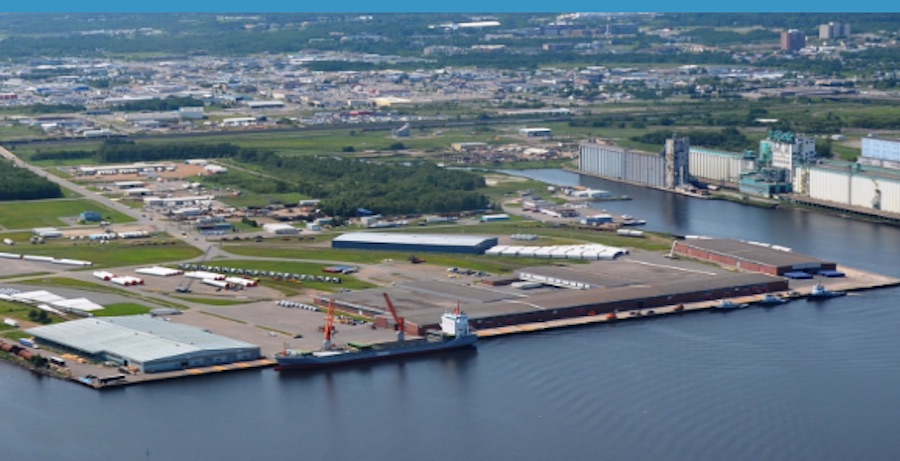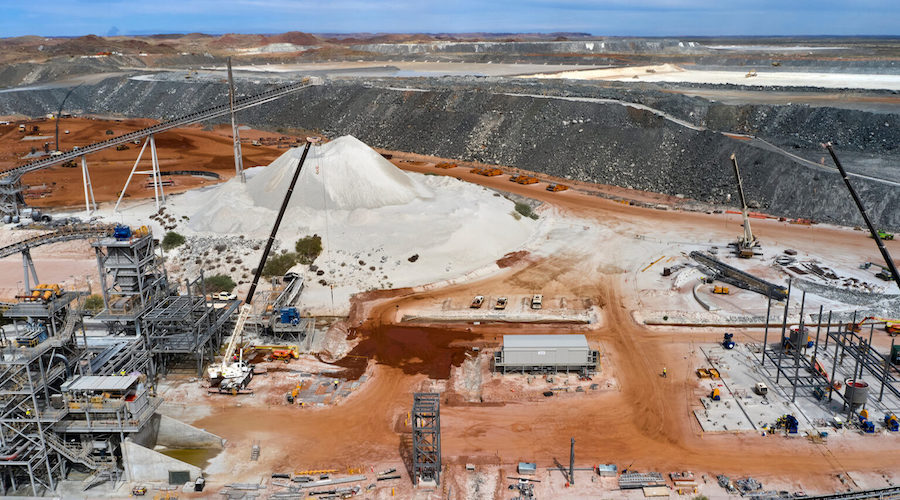Most potash shipped through Thunder Bay in a decade

The potash market may be sputtering along with prices over half they were five years ago, but that isn’t stopping a large volume of the fertilizer ingredient to be shipped through Thunder Bay, Ontario.
While the majority of Canadian potash marketed and sold through Canpotex – the world’s largest potash exporter – is moved through Neptune Bulk Terminals in Vancouver (and also Portland, OR) a smaller amount is shipped via bulk carriers through Thunder Bay, a port on Lake Superior.
A report this week notes that Thunder Bay saw its largest monthly shipment of potash in May since April 2007.
Grain shipments were also up in May by 100,000 tonnes, driven mainly by record levels of canola. Overall cargo shipments at the port are up 20% compared to the same time last year, to 1,169,998 metric tonnes.
Those numbers are only likely to improve with one major potash mine in Saskatchewan recently opened and another possibly on its way.
On May 2 K+S Potash Canada, a subsidiary of German giant K+S Group, officially opened its Legacy project, the first potash mine built in the province in more than 40 years.
The operation, henceforth known as Bethune, is expected to produce 2 million tonnes per year once at full capacity; first potash is anticipated at the end of this month.
Meanwhile the world’s largest mining company, BHP (ASX, NYSE:BHP) (LON:BLT), has so far committed $3.8 billion to move its new Saskatchewan potash mine, Jansen, into production. From that total, $2.6 billion has been set aside for surface construction and the sinking of shafts, though analysts predict the total cost will be close to $14 billion.
Speaking at the Bank of Merrill Lynch mining conference in Barcelona, Spain, chief executive Andrew Mackenzie confirmed the company’s commitment to the crop nutrient by announcing that the mine’s first phase will be completed by 2023.
{{ commodity.name }}
{{ post.title }}
{{ post.date }}




Comments
William Parry (Bill)
“small St. Lawrence River port”?
Uh…ok, ever looked at a map?